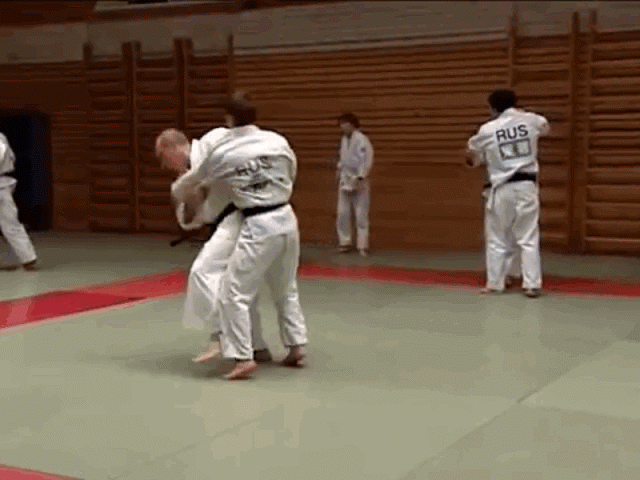Trust Issues
- Jackie Bradbury

- Feb 27, 2019
- 2 min read
In Kobudo class one day, our senior instructor was illustrating a point and using me as uke. He told me to react naturally as he attacked me with a tanto. He wanted to show how we are safer, versus a superior opponent or weapon, when we close the distance (versus staying out in the optimum distance of our opponent).
I blocked and stepped forward to put my tonfa in his teeth, much like we are trained to do in our patterns and forms (and exactly like our response #1 in our Presas Arnis program). I stopped just short - maybe less than an inch - of actually hitting him.

Of course, I didn't touch him.
He trusted me to have the knowledge of range and the control of my weapon not to hurt him.
He trusted my teacher, his student for decades, to have trained me well enough to have that knowledge.
And of course, since he's been a martial artist for as long as I've been alive, he trusted himself to be able to protect himself if his trust in me and my teacher was misplaced.
It was a cool moment, one that I've been thinking about ever since.
Trust is so very important in the martial arts.
This trust factor is so fundamental, so very important to what we do in training. Everything depends on having trust in our teachers and fellow students, and being trustworthy in return.
What we do is dangerous. We risk injury every time we train. Sometimes it's a minor risk. Sometimes the risk of major injury (even death) is there. When weapons are involved, the risk increases exponentially. We also engage in locks and throws that can be incredibly painful and are dangerous - look at this below - there has to be a lot of trust to allow someone to do this to you.
Anything that erodes that trust we have in one another is a bad thing.
This is why it's so important that people who set themselves up as teachers of the martial arts are honest about their training and abilities.
Buying ranks from belt mills, pretending to have been taught by prestigious teachers, exaggerating your experience, making up a fake Asian teacher and faking rank certificates, paying to be in martial arts halls of fame, teaching martial arts subjects you aren't qualified to teach (such as teaching Japanese swordsmanship when you haven't actually, y'know, studied it and been qualified by a teacher to teach it)...
That behavior means you can't be trusted, no matter how skilled you might be physically.
Trust can't be faked, and once violated, can't be quite earned back at the same level it once was.
This is why it is so very important that we who set ourselves up as teachers of the martial arts be worthy of that trust. We can't lie about our backgrounds, we can't claim skill in something we haven't studied, and we can't pretend ranks we haven't earned.
Our students and training partners need to trust us. We have to be worthy of it.





Comments